Meet the Artists | Side-Show
Smells Like Circus | March 2022
“We must free ourselves from certain generally accepted criteria in the current performing arts landscape. We need to put people back at the centre, focus on the 'core', and escape the 'star system' that is generally used.”
Life and inspiration
Together, Quintijn and Aline have not only created a company, but also a family. “Our family is situated in the center of our company Side-Show. And it’s not only a source of positive energy for ourselves. In the last few years, we have managed to create an environment where all collaborating artists and colleagues can feel good and flourish.”
“In an ever-changing environment, a world in constant evolution, we needed a solid foundation, to create anchor points and stability. Thus, questions arose: how can we work while having a family, especially with a young boy with specific and challenging needs? How can one maintain the right balance between artistic aspiration, work, and family?”
The intense dynamic of a family living and working together is a defining factor for the themes in their work. Since they became the parents of their daughter Blanche and son Antoine, a young boy who has a complex form of Tourette’s syndrome, their perception of the world has changed a lot. Their children’s view on things has radically transformed their way of creating and distributing their artistic work. They have learned to accept the unexpected, to be inclusive, to develop honest relationships and to put their family at the center of everything.
“Our children show us the way. We follow and adapt to their needs. And we, therefore, make the right choices. We give them a real voice: what is important to them? How can they take part in our (creative) process? This questioning has a clear effect on the way we work: the family is a source of inspiration in everyday life and in our working environment.”
“Our colleagues, collaborators, partners: they are an extended family and we endeavor to treat them as such. We strive to be inclusive, to take into account the needs of everyone. This is an organic and evolutive approach. We adapt ourselves according to their availabilities, changing agendas, evolving life trajectories. We try to avoid coercion or pressure and want to create a truly caring working environment.”
“This, of course, has a direct impact on the development of our projects and rehearsal schedules: the roles, the decisions and even the final results can change at any time. Evolution is a never-ending process. A performance must be adaptable: in terms of time, scale and environment.”
“Side-Show thus stays outside the expected modes of production, which - perhaps somehow stereotypically - can be described as creating, selling, touring (as much as possible). By consciously distancing itself from these traditional modes, Side-Show reopens the questions of visibility and recognition: what defines success? We must free ourselves from certain generally accepted criteria in the current performing arts landscape. We need to put people back at the center, focus on the 'core', and escape the 'star system' that is generally used.”
Artistic process
Future
Projects
“Our next creation is a very special project. With Permit, oh permit my soul to rebel want to make a performance that opens up confidentiality and communion to as many people as possible. This is also our first relaxed performance. Right from the start, Permit, oh permit my soul to rebel has been developed for people who need a more relaxed environment in which to attend the theater or the circus. Children with learning difficulties or neurodiverse people often find performances overwhelming or uncomfortable. There are simply too many triggers and stimulants in an environment where you are also expected to sit still for a long time. Permit, oh permit my soul to rebel is also designed for children and adults who find this difficult. By breaking free of the codes of live performance, we open up our imagination to everyone. So the audience is free to wander in and out of the auditorium and there is an open attitude towards noise and other sounds.”



